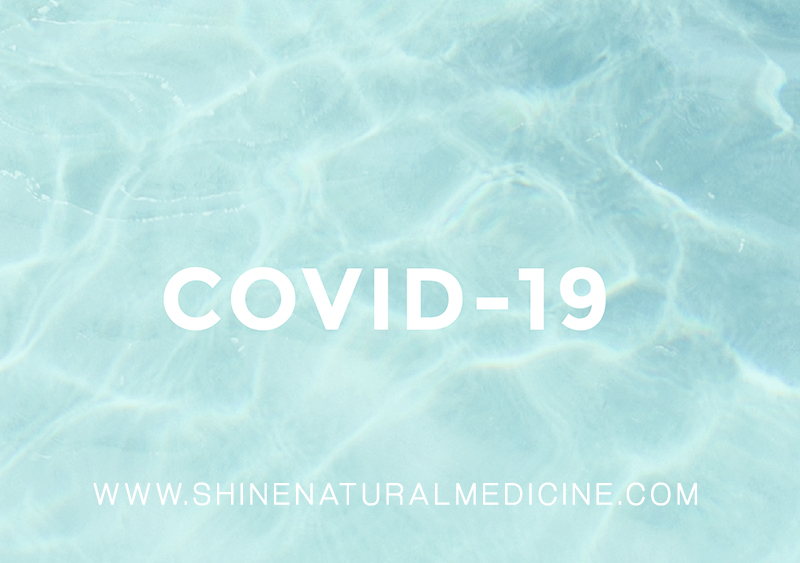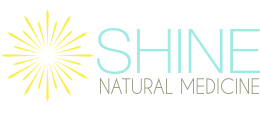 In all our lives, I’m sure being homebound because of a pandemic never crossed our minds to be possible to every occur; but that is the current reality. Stretches of streets that were once bustling are now ghost towns, working from home is the new norm, unemployment is at its all-time high, and our once go-to neighborhood hot spots are now abandoned.
In all our lives, I’m sure being homebound because of a pandemic never crossed our minds to be possible to every occur; but that is the current reality. Stretches of streets that were once bustling are now ghost towns, working from home is the new norm, unemployment is at its all-time high, and our once go-to neighborhood hot spots are now abandoned.
How can a virus that began on the other side of the world make such an enormous impact on the world?
What is it?
How can we protect ourselves and our loved ones?
Before we can talk about how we can protect ourselves and those we care deeply for, we must understand what it is that we are up against.
According to the World Health Organization (WHO), “coronaviruses are a large family of viruses… known to cause respiratory infections. The most recently discovered coronavirus causes coronavirus disease COVID-19.” Because it is known to cause respiratory infections, the symptoms are like that of the flu, which caused confusion when this all began. Many people thought it was just a bad case of the flu with very little to worry about. Boy, was that a notion that was debunked quickly. (1)
So, what are the signs and symptoms we should be looking for?
Per the WHO and the Centers for Disease Control and Prevention (CDC), here are the symptoms you should look for: (1,2)
- Fever
- Dry Cough
- Tiredness
- Nasal Congestion
- Sore Throat
- Runny Nose
- Aches and Pain
Wow, doesn’t that list look like what got us out of class and had our parents come to pick us up in grade school?
Well, that’s because COVID-19 is a respiratory infection, and like most respiratory infections, it’s difficult to distinguish between them without proper and specific tests. The WHO states that most people affected will experience commonly mild symptoms gradually. In fact, some people do not develop symptoms and even do not feel ill or unwell. Therefore, it is important to observe symptoms and progression. (1)
The CDC reports many symptoms, especially fever, cough, and shortness of breath may appear 2-14 days after exposure. If you feel any of these symptoms, it is very important to quarantine yourself for at least 14 days to decrease exposure to anyone else. If your symptoms become severe and unmanageable, or develop into trouble breathing, chest pain, and confusion, seek medical attention immediately to get proper treatment, per the guidelines of the CDC. (2)
The WHO states that “most people (about 80%) recover from [COVID-19] without needing special treatment.” That’s a great statistic, but what about the other 20%, and who is most at risk? Those who are most at risk are the elderly and those with underlying medical conditions, such as autoimmune diseases. (1)
The best way to protect the older population and those with underlying conditions is to physically distance and self-quarantine, because as stated earlier, some people who contract COVID-19 do not develop symptoms or feel ill.
States like California and New York have ordered state-wide stay at home orders where only essential businesses can stay open. This is a way for the states to manage and decrease the numbers of COVID-19 patients and to curb the influx of patients admitted to the hospitals.
If you are going out to run essential errands or you are one of the essential workers, it is very important to protect yourself.
Here are simple steps to take to protect your body:
- Frequent hand washing. If hand washing is not an option at the time, hand sanitizers with at least 60% of ethyl-alcohol is sufficient.
- Before re-entering your home, take off your shoes so as not to bring the outside germs in.
- Wipe down all surfaces that are frequently touched, this includes door knobs, countertops, refrigerator handles, computer keyboards, television remotes, phones, etc.
- Refrain from touching your face or rubbing your eyes. Remember, your eyes, nose, and mouth have direct access to the outside world, so if you touch your unwashed hands to your eyes and mouth, you are exposing unwanted germs into your body.
- Stay home.
- Practice physical distancing. Avoid close contact with people, especially if they are sick, recently traveled, or around those who are sick. If you are out and about running essential errands, remember to keep at least 6 feet between you and other people.
There are also steps to protect your immune system to make it easier to fight off infection:
- Supplements can greatly boost the immune system.
- In our clinic and online store, we carry a variety of supplements to strengthen the immune system. These include: Vitamin C, Vitamin D, Vitamin A, selenium, zinc, multivitamins, probiotics, fish oils, and many herbal supplements and tinctures. **Please schedule an appointment with one of our doctors or your primary care doctor to get specific dosages of these supplements and more.**
- Sleep. The immune system works best when the body is well-rested.
- Reduce stress. Stress is known to increase inflammation and weaken the immune system.
- Eat nutrient dense food. Whole foods, vegetables, fruit, and sustainably raised animal protein, will provide the body with many of the vitamins and nutrients it needs for a proper immune response.
- Vitamin Intravenous (IV) therapy. Because the vitamins bypass the digestive tract, they are immediately available for the body to use. In fact, intravenous ascorbic acid (vitamin C), has been used in Shanghai as a safe and effective adjunctive hospital treatment in moderate and severe cases of COVID-19. Those who received intravenous vitamin C showed improvement and reported zero side effects. Furthermore, there was no mortality in the intravenous vitamin C group. (3)
- Thankfully, Shine Natural Medicine and many other clinics throughout the United States who offer IV therapy are determined to stay open as essential service providers to help maintain patients’ immune systems and to keep their communities healthy.
- Glutathione supplementation. Glutathione is famously known as the body’s master antioxidant and an essential player in activating the immune response. Maintaining high levels of glutathione has been researched to be protective against Acute Respiratory Distress Syndrome (ARDS). ARDS is a lung condition that results in fluid accumulation in the lungs and pulmonary edema. Glutathione is shown to contribute to the lung immune response and regulate inflammation. (4)
- At Shine Natural Medicine, we offer nebulized glutathione. With nebulized glutathione, our patients can inhale glutathione directly into the lungs and sinuses to break down any mucus and increase the immune response in the lungs and airways. We also offer IV glutathione and glutathione oral supplements.
**Although we are still open to provide in-clinic IV therapy and glutathione nebulizers, Shine Natural Medicine is not equipped for acute care. To keep our doctors and staff healthy, we ask that patients who are exhibiting symptoms or who have been around those who have been sick to refrain from seeking our services at this time. We are, however, available to ship supplements within the United States to help with your immune system. Thank you for your understanding and cooperation.**
This Coronavirus pandemic has many of us re-evaluating our immune system and health. We hope to continue to support our community in California and throughout the United States.
We are always available if you have any questions regarding the supplements and treatments mentioned in this blog post.
You can reach us via email at [email protected] or at 858-480-5024.
We wish you continued health and safety, especially during this pandemic.
References:
- https://www.who.int/news-room/q-a-detail/q-a-coronaviruses
- https://www.cdc.gov/coronavirus/2019-ncov/symptoms-testing/symptoms.html
- https://www.consultdranderson.com/wp-content/uploads/securepdfs/2020/03/IVAA-COVID19-Hospital-Use-Anderson-03-24-2020-Update.pdf
- Ghezzi P. (2011). Role of glutathione in immunity and inflammation in the lung. International journal of general medicine, 4, 105–113. https://doi.org/10.2147/IJGM.S15618
